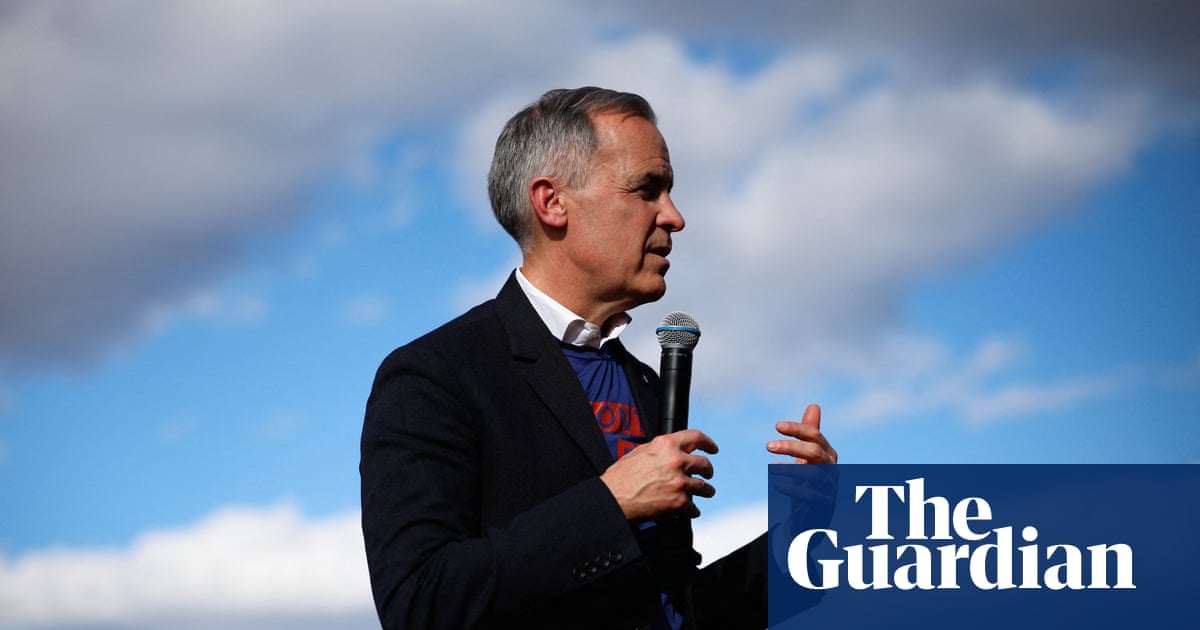Mark Carney, the economist, banker and politician, has long professed a simple article of faith when navigating through crisis: “A plan beats no plan.”
And his rapid ascent to Canada’s top job might be taken as evidence of such preparation.
But Carney’s election victory on Mondaywas shaped by a series of chance events that hinged more on luck and circumstance than meticulous forethought.
Half a year ago, the Liberal party was in crisis.
In late October, nearly two dozen backbench Liberal MPssigned a lettercalling for then prime minister Justin Trudeau to step down amid fears that his unpopularity could lead to a crushing electoral defeat. Separately, a “code red” petition circulated among grassroots party supporters calling for a secret ballot vote on Trudeau’s leadership.
The Conservatives had already attempted to the first of a series of maneuvers to bring down the government through motions of non-confidence, as the Tories sharpened their teeth for what promised to be a bruising federal election campaign.
Conservative leader Pierre Poilievre, a populist and parliamentary attack dog, used every public appearance to demand an election, hammering the government on its ineffectual response to the country’s housing shortage and the cost-of-living crisis.
The Liberals trailed the Conservatives by more than 20 points and the country’s two polling aggregators had the odds of a Conservative victory at greater than 99%.
Trudeau’s refusal to resign prompted frustration inside the Liberal party – especially in the light of US president Joe Biden’s agreement to step aside for Kamala Harris.
“Trudeau didn’t want to leave. People in the party wanted him to go, even the one who weren’t speaking up publicly. They kept waiting for him to do the right thing, and he wasn’t doing it,” said Lori Turnbull, director of Dalhousie University’s school of public administration.
There was no heir apparent in the party and no clear sense of policy trajectory that might reverse their dismal popularity. Even if Trudeau gave into the mounting pressure, by late October there were still 30 days of parliamentary sittings left, giving the Conservatives ample opportunity to attack the rudderless Liberals in the House of Commons.
In the end it was a mix of outside forces and internal infighting that eventually brought down the prime minister.
In late December, Chrystia Freeland, Trudeau’s finance minister – and one of his closest allies –resigned after being toldher boss wanted to replace her with Carney in order to burnish his unpopular government’s economic credentials. Carney rejected the officer and Freeland’s scathing resignation letter put the party in tailspin.
Soon after, Donald Trump began to suggest – seemingly in earnest – thatthe US should annex Canada and making it the 51st state, a mission he said could be accomplished with economic coercion.
“The thing to remember is that Carney candidacy, absent this crisis, would have felt different,” said Peter Donolo, a political strategist and director of communications for prime minister Jean Chrétien. “His mistakes would have been more, would have been enlarged. He would have come under more criticism and scrutiny.”
Those missteps, including fumbling the names of both a star candidate and the school shooting she survived, were evident during the brief campaign. So too was Carney’s discomfort in answering persistent questions about decisions to move investments to offshore accounts in the Cayman Islands while working as an executive at investment firm Brookfield.
“But because his background is so specific, he seemed almost bespoke to this moment,” said Donolo.
And in politics, timing is often as important as policy.
“The timing of Trudeau’s departure was perfect. When Carney came in, there wasn’t a long, drawn-out leadership process that would rip the party up. And Carney could justify going to election right away because he didn’t have a seat. There wasn’t enough time for the Conservatives to start really mobilizing against Carney,” said Turnbull.
“In the end, Carney was the right candidate for the moment, Pierre Poilievre was the right candidate for the last moment - and that moment expired before the Conservatives could get what they dreamed of: an election against Justin Trudeau.”
